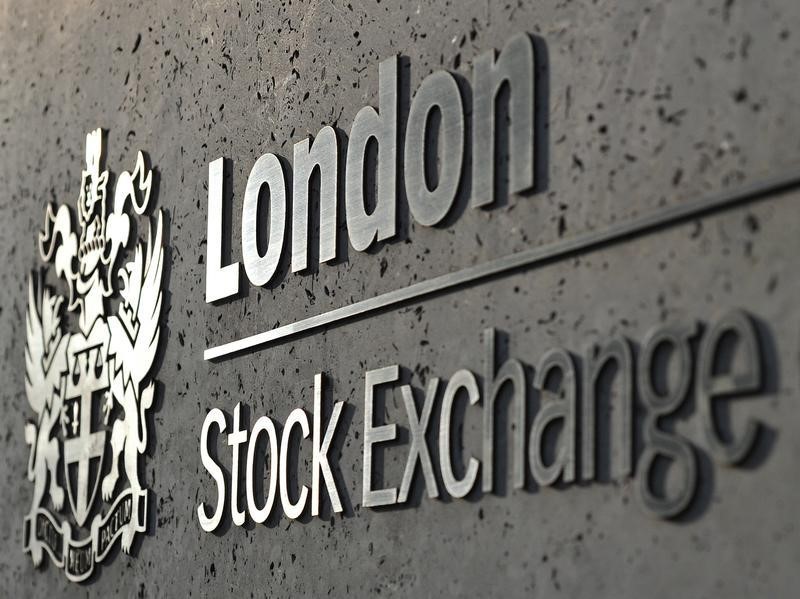By Geoffrey Smith
Investing.com -- Europe’s stock markets got off to a shaky start on Tuesday, after a round of weaker-than-expected business surveys out of China reminded participants that the world economy may not be out of the woods just yet.
With earnings season in Europe cranking up, the benchmark Euro Stoxx 600 was down 0.6 points, or 0.2% at 390.60 by 04:30 AM ET (0830 GMT).
Italy’s FTSE MIB 30 was holding up best, still supported by Standard & Poor’s decision to affirm the country’s credit rating on Friday, although bank stocks were suffering on fresh concerns about the stability of the government, and on comments from Treasury Minister Giovannia Tria about the widening budget deficit.
London’s listed mining stocks were broadly lower after the Chinese data forced investors to trim their hopes for commodity demand. Glencore (LON:GLEN) fell the most after announcing problems of its own too – it cut its forecasts for copper and cobalt production this year due to a spate of problems at its mines in the Democratic Republic of Congo, Zambia and Australia.
There has been a welter of earnings updates to digest, with Airbus (PA:AIR) coming slightly off its all-time highs after unchanged guidance on commercial deliveries for the rest of the year underlined how capacity constraints will limit its ability to exploit Boeing’s misfortunes (even though it increased output of the A320, its main rival to the 737 MAX). The group also took a charge of 190 million euros ($220 million) to reflect the company’s inability to sell fighter aircraft to Saudi Arabia owing to a German government refusal to grant export licenses.
There’s also been mixed reports from the region’s banks, with Spain’s Santander (MC:SAN) and BBVA (MC:BBVA) both falling after disappointing updates marked by problems in emerging markets, while Standard Chartered (LON:STAN) rose 4.6% after announcing its first buyback in years.
Elsewhere, Deutsche Bank (DE:DBKGn) was down 0.4% after reports that President Donald Trump, three of his children and his real estate company filed a lawsuit to stop the bank releasing details of its business with them under subpoenas from Congress. Trump’s real estate business had extensive funding from Russian individuals prior to the financial crisis, and disclosures made in 2015 showed that the bank had lent him over $300 million.
